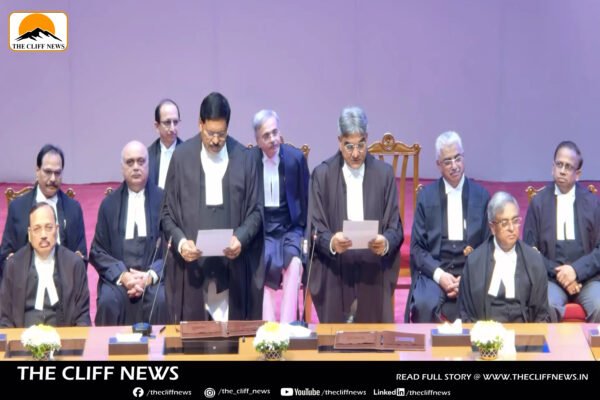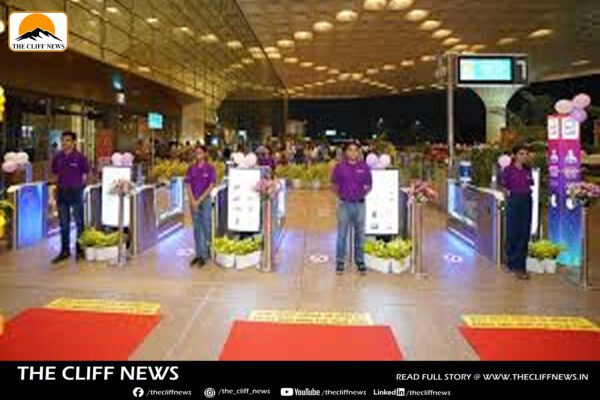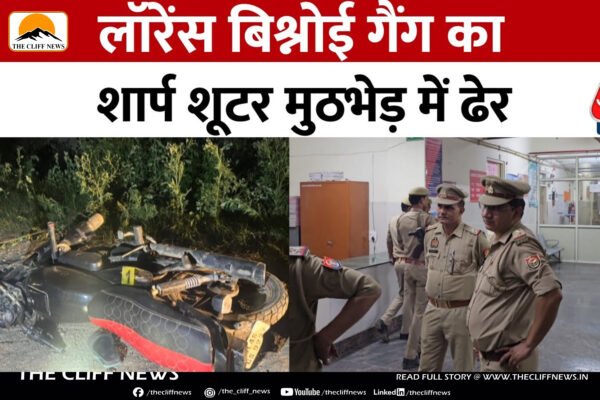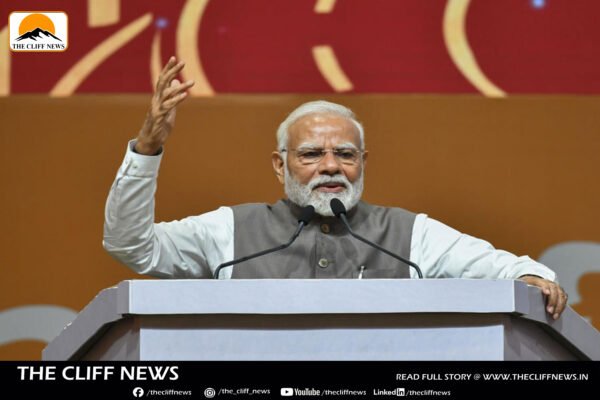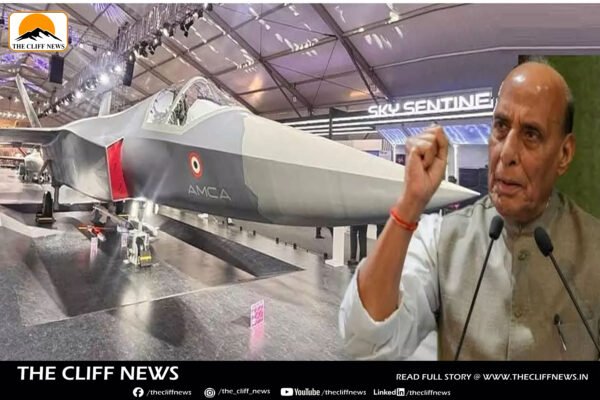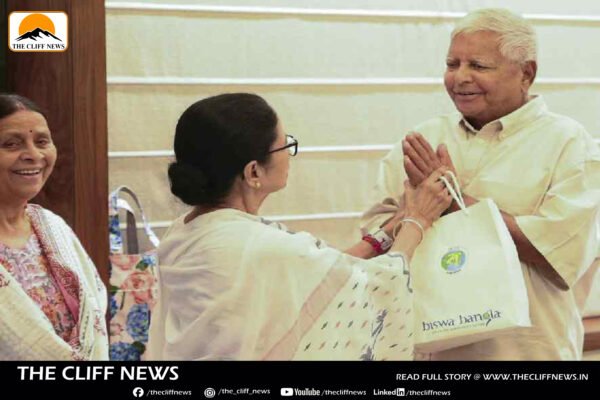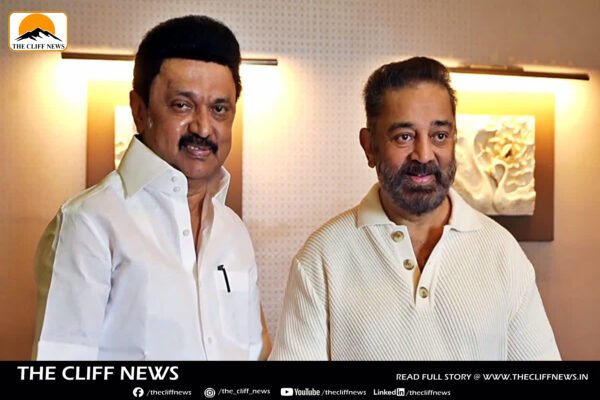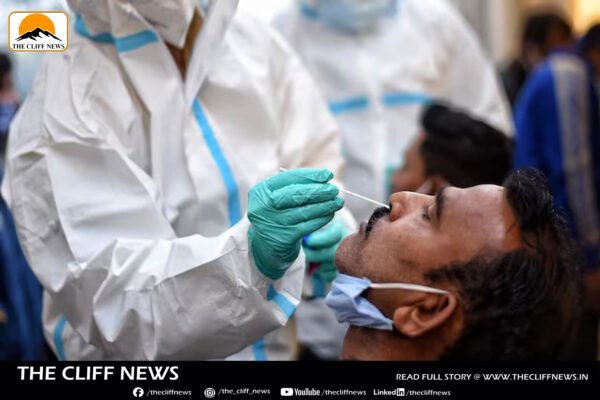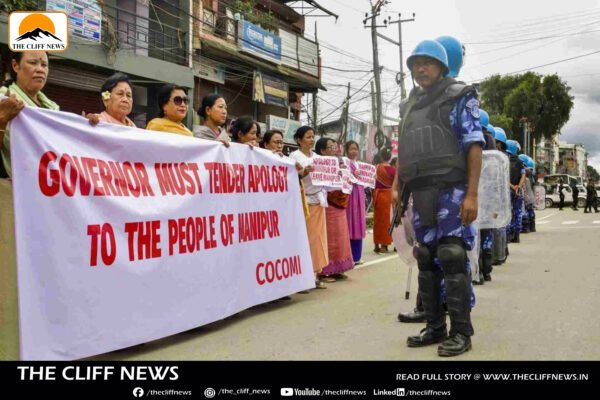West Bengal Chief Minister Mamata Banerjee visited a private hospital on Park Street, Kolkata, on Tuesday to personally congratulate RJD leader Tejashwi Yadav and his wife Rajshree Yadav on the birth of their second child, a baby boy. The occasion was a moment of joy for the extended Yadav family, with Lalu Prasad Yadav and Rabri Devi also present at the hospital. “This is such happy news for the family. Laluji and Rabriji are elated. I wish them abundant prosperity and peace,” Mamata told reporters, adding warmly, “I’m sure the child will bring good luck to them, especially with the Bihar Assembly elections ahead.” The birth comes during a period of internal discord within the RJD. Just days ago, Lalu expelled his elder son, Tej Pratap Yadav, from the party and cut personal ties over a controversy linked to a viral video. Despite the rift, Tej Pratap took to social media to express joy at becoming “Bade Papa” (elder uncle), writing in Hindi: “With the grace and blessings of Shri Banke Bihariji, I have become ‘Bade Papa’. Hearty congratulations and best wishes to younger brother Tejashwi and Rajshree Yadav…. My blessings and love to my nephew.” Lalu Prasad also shared family photos with the newborn on X, captioned: “Proudly welcoming little grandson in our family!” The baby boy, fondly nicknamed “Bal Gopal Junior Tejashwi” by Tejashwi’s sister Rohini Acharya, joins elder sister Katyayani, who is two years old. Mamata, a long-time political ally of the Yadav family and fellow former Railway Minister, emphasized her close personal bond with the family. “Tejashwi’s wife has been here for nine months. We’ve stayed in regular touch. He texted me at 6:14 AM with the good news. I replied at 6:16 that I’d visit by midday. So here I am,” she said. Tejashwi, in turn, thanked “Didi” for her continued support, calling her their “local guardian” in Kolkata. “Today is Tuesday, Hanumanji’s day… He is our strength. Our daughter Katyayani is like Lakshmi to us,” he said, drawing from religious and cultural imagery to reflect the family’s joy. As political and personal threads intertwine, the birth marks a moment of happiness amid the turmoil within the Yadav household and could become a symbolic boost for the RJD, which is preparing for a challenging electoral season.


